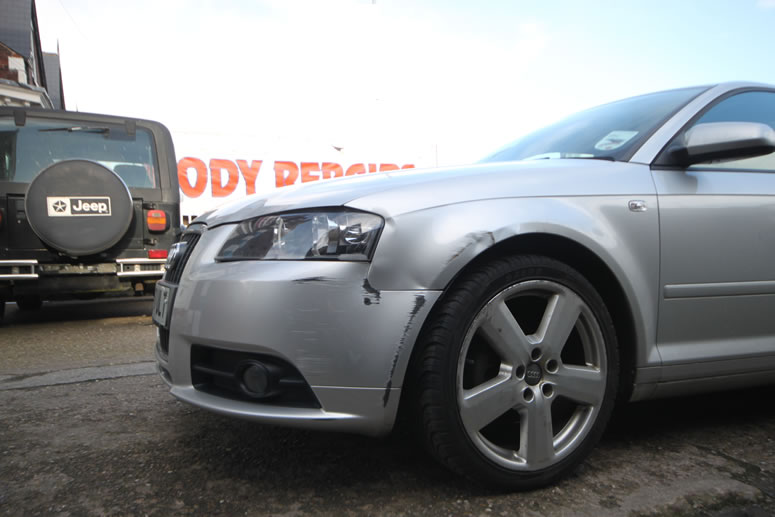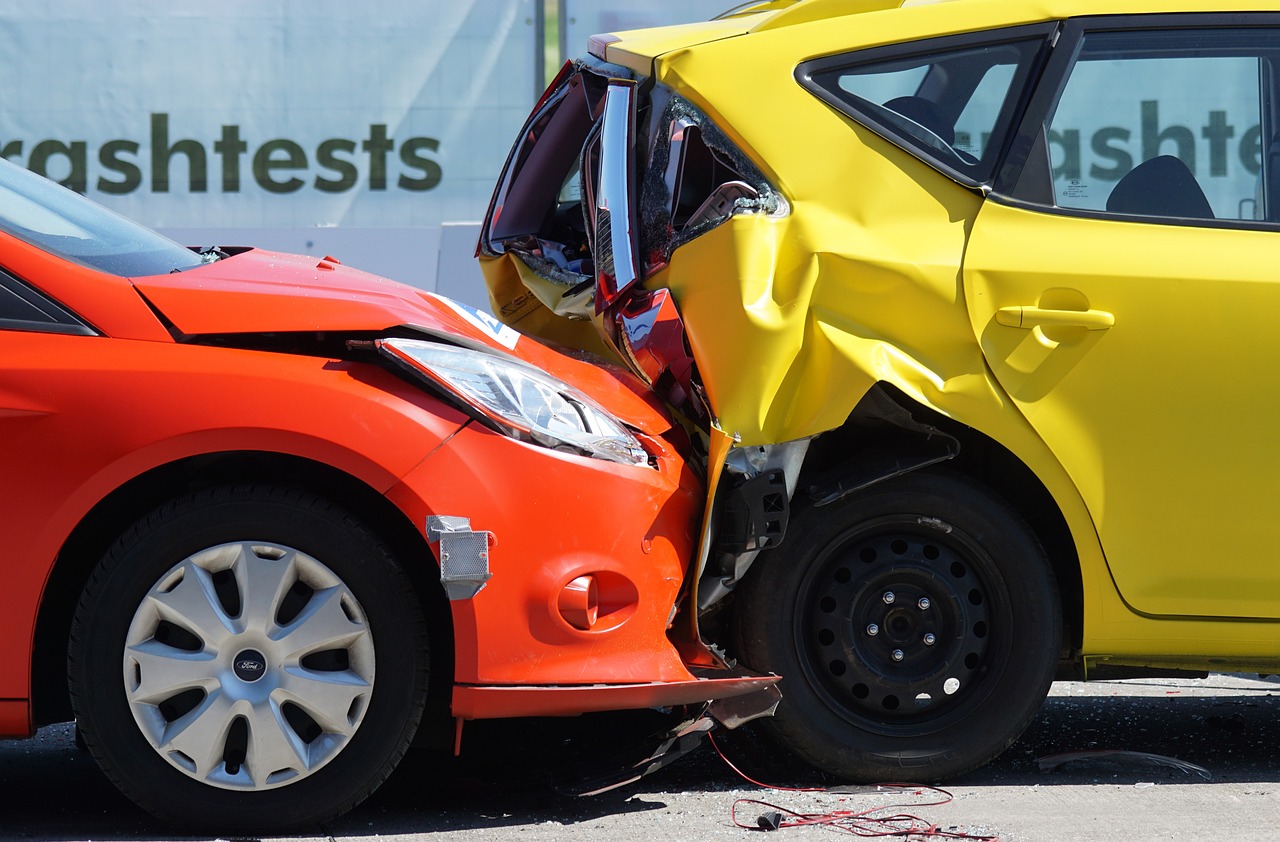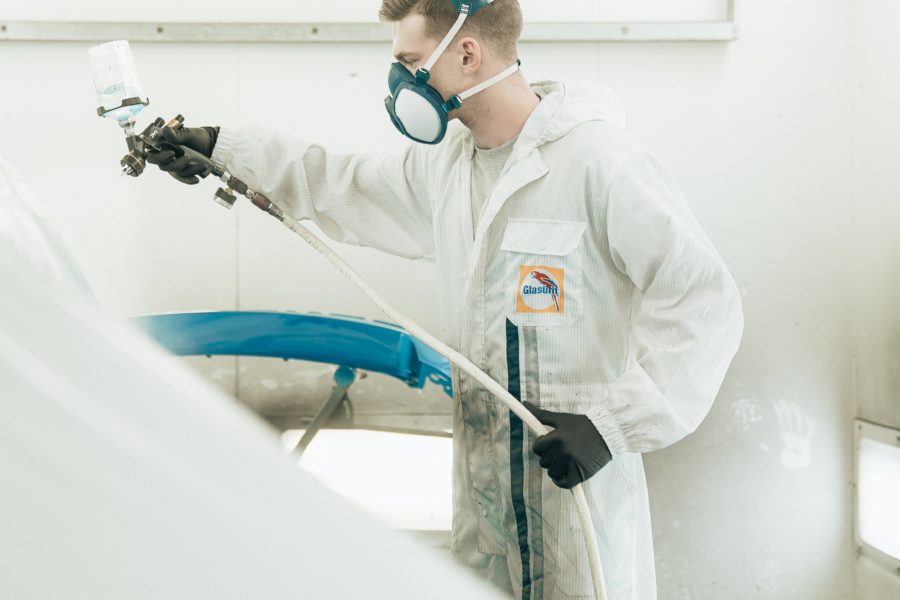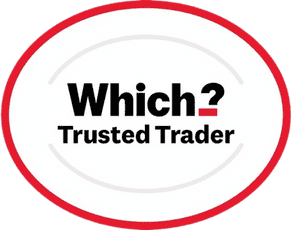When you crash a car on finance, who pays for repairs isn’t exactly clear. As lease schemes can sometimes give you the option to buy the car outright, exact ‘ownership’ of the vehicle is not always black and white.
Depending on your finance scheme and level of insurance, crashing a car that you lease through finance may mean that you have to pay outstanding fees to the lender. However, there are lots of different finance plans available, and there are also many ways in which you can have an accident on the roads.
Of course, your level of insurance also plays a vital role in what happens if you crash a car on finance. So, let’s review each variable and see what financial obligations you may face if you crash a vehicle which you currently lease.
If you crash a car on finance, you need to continue with your monthly payments, even if the vehicle is in for repair, or it has been written off.
You will likely have to claim on your insurance to have the car repaired. Most lenders will insist that you cover the car comprehensively before you get the keys. However, the ability to claim on your insurance may be dependent on your ability to pay your excess, or if the fault of the accident lies with a third party.
Here at John Bee, we help road users repair their leased vehicles after accidents, and we often have to work with insurance companies to find out exactly who pays for what.
Continue reading below to learn more about what to do if you crash your car on finance.
What Happens If You Crash a Car on Finance?
As you will likely be covered comprehensively with a leased car, we will assume that you have fully comprehensive insurance for the remainder of this article. If you don’t have fully comprehensive insurance, or your insurance is under a different name or registered with a different vehicle, then we recommend contacting your hire car dealer immediately.
Remember: most cars have minor accidents throughout their lifespans. Whilst it isn’t expected that you will have an accident with your financed vehicle, any damages to the vehicle, and the cost to repair this damage, will already be accounted for by the lender.
As there are many different types of finance schemes available, in this article, we will cover what you need to consider if you crash your car financed under:
- Personal Contract Hire (PCH),
- Personal Contract Purchase (PCP),
- Personal Lease Purchase.
As these financing options differ, we will assess each to see what your best steps may be after you crash a car financed through one of these schemes.
What Should You Do if You Crash a Financed Car?
First, you need to contact the finance company through which you will have leased the vehicle. However, minor scrapes, dents or damage to exterior panels can usually be resolved with a local car body repair shop.
Once you have spoken with your lender, you will be advised of your next steps. In some cases, you may be able to pay for the damage yourself out of pocket.
For major collisions, you may require full crash and accident repair. Here, many aspects of car body repair may be brought together to get your vehicle road-worthy again. This can include restoring paintwork damage, dent removal and full bodywork repair.
What should I do if I crash a car on Personal Contract Hire (PCH)?
If you crash a car on Personal Contract Hire (or Business Contract Hire), then you will be liable to pay for the damages yourself or by claiming through your insurance. With PCH and BCH, you never own the car outright, and you won’t be given the option to buy at the end of the scheme. As such, you may be liable for fully restoring the vehicle to its original condition after your crash. Most lenders operate within the BVRLA Fair Wear and Tear guidelines, however.
What should I do if I crash a car on a Personal Contract Purchase (PCP) scheme?
Similar to PCH, crashing a car on PCP means that you will still have to pay off the remainder of the balance to the lenders, even if your car is in a garage or if it has been SORNed or written off.
However, with PCP, the keys to the car will ultimately be given to you at the end of the lease period. This means that you actually don’t need to pay for the repairs to the vehicle itself if you choose not to.
What should I do if I crash a car on a Personal Lease Purchase scheme?
Personal Lease Purchase schemes give you the option to purchase the car at the end of the agreement.
When a leased car is totalled, the leasing company expects compensation for the loss of the vehicle. As the lessee, you are responsible for the car and may need to cover the gap between the insurance payout and the payoff amount of the lease. If the insurance payout is significantly lower than the remaining lease balance, you might prefer not to claim and handle the costs privately.
Which Car Body Repairs Should I Pay For?
Like insuring a vehicle that you own, if you are at fault for the damages to your vehicle, then you will be liable for the damages. If someone else is at fault, then it ought to be their responsibility to fund the repairs.
If you crash your car on finance, and the cost of the damages is less than your excess, then it may be worth paying for the repairs out of pocket.
Of course, your no claims may be affected by claiming too. This needs to be considered, and you may need to speak with your insurance company if you want to see how much your premiums may rise.

What Happens if a Car on Finance is Written Off?
In the event of your lease car being written off after an accident, it is essential to understand your options, and what you need to do next.
If the car is deemed a complete write-off, it still belongs to the finance company until the finance is fully paid off. As such, the insurance company is generally liable to pay the pre-accident market value minus the excess, which is paid for by you. Any payment made by the insurance company will first go towards settling the outstanding lease payments. These payments could cover the exact amount that you owe, or cover any shortfall.
After the insurance company makes the payment and the outstanding finance is settled, the car becomes the property of the insurer. If your vehicle is leased through personal Contract Hire or Business Contract Hire, this may not always be the case.
Review your contract in these circumstances, as it can change from lender to lender.
Car Repairs for Leased Vehicles with John Bee
Here at John Bee, we work with insurers and individuals like yourselves to help get cars back on the road as soon as possible.
Our team of professional car body shop technicians specialise in accident repair and can get your vehicle back on the road in its previous condition. We can work on many aspects of car damage repair, including:
- General Car Damage Repair
- Paintless Dent Removal
- Crash and Accident Repair
- Paintwork and Car Scratch Repair
- Dent Repair
- Alloy Wheel Repairs
You hand over your insurance details or pay out of pocket (if you’d prefer), and we sort out the rest. Speak with our team, today.





